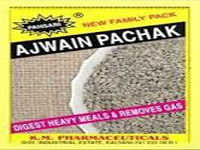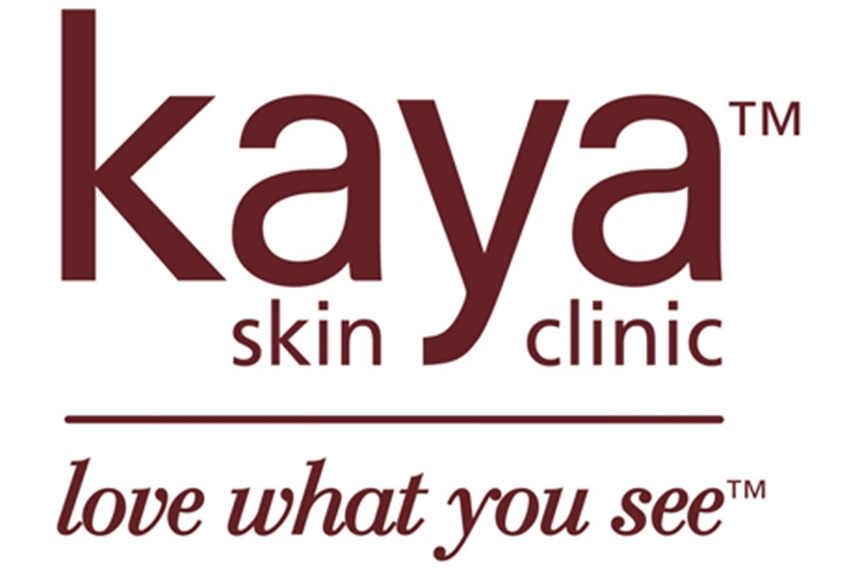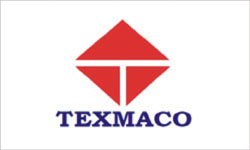Why pest control is important in the pharmaceutical industry?
The pharmaceutical is directly a part of human health and plays a crucial role. Because their key production is sterile, they have to follow strict rules and regulations and high standards of cleanliness are required. Any time a pest is present throughout the production process, there might be significant financial losses. These strict requirements are in place to guarantee that the finished products’ strength, quality, and purity are upheld and that using them will be both safe and beneficial for patients. In this blog, we will discuss about why pest control is important in the pharmaceutical industry:
Let’s talk about the reason why need pest control for your pharmaceutical
Pharmacies regularly clean and sanitize their work areas to remove microorganisms, but they frequently ignore the possibility of larger pests. Although laboratories are equipped with hazmat suits, locked rooms, and filtered air, there is still a genuine risk from insects and other pests outside of this controlled setting.
Pest contamination of pharmaceuticals, gadgets, or medication poses a serious risk to pharmaceutical corporations. To keep your products appropriate for human consumption, you must create a risk assessment for every stage of the production process, from raw material storage to final shipment. The potential of a pest infestation rises when pharmaceuticals are moved through your warehouse or storage facility. Once your products leave your clean lab, pests may travel with them on the packaging, in containers, or inside of your products.
Storage facilities are especially susceptible to infestation by pests. Numerous pests may be carried by a range of materials, including cardboard, pallets, and organic waste. Storage rooms frequently have open doors. allowing for easy access for insects, rats, and birds. Hence ultimately Pests can infect manufacturing areas, labs, storage spaces, raw materials, packing facilities, and final goods. A pharmaceutical facility with pests might suffer serious repercussions for the business, including:
- Destroy the company’s reputation and brand image
- Customers’ loss of confidence
- Losses incurred financially from batch recalls and damaged goods
- Loss of revenue as a result of manufacturing stopping
- Compensation claims made by clients and consumers
- Public health authorities and regulatory agencies may take legal action.
The common pest in the pharmaceutical industry:
A pharmaceutical plant may be threatened by pests such as cockroaches, flies, rats, and pests associated with stored products.
- Flies and cockroaches are mechanical carriers of several illnesses. Their excretory waste and droppings have the potential to taint and discolour the building. Egg casings, discarded skins, and body parts are additional possible pollutants.
- Mice and rats can contaminate items and equipment, which puts the building in danger. Due to their chewing habit, which exposes the inner wire and increases the risk of a short circuit and fire, they pose a fire threat to others.
- Pharmaceutical facilities are a major source of food for stored product pests, such as beetles, weevils, moths, and mites, that rely on raw materials and herbs. Pests that infest stored products can be hard to find, and if they get into the production process, they can taint the product. In warehouse rafters, birds may pose a threat. Their droppings might be found on products as they roost and nest on beams.
Some helpful ways to prevent pests in the pharmaceutical industry:
Stay away from pests
Closing windows, doors, and shutters to keep out insects and birds. To keep rats and cockroaches out of the house, structural flaws like leaks and fractures should be sealed. By sealing up cracks and crevices, you may keep pests out of the structure.
Maintain a clean & hygienic home.
The fundamental needs of pests are food, water, and shelter. Arranging trash cans and maintaining proper hygiene can help deter bugs.
Use the right storage techniques.
Cockroaches love cardboard storage containers, so stay away from utilizing them for storing goods. Arranging items correctly helps keep rodent infestations at bay.
Employ monitoring instruments, such as traps and stations
Due to technological advancements, sensors and internet-connected traps may be used for round-the-clock surveillance. This makes it possible to respond quickly when such activity is discovered.
Conclusion
In this blog, we discussed why pest control is important in the pharmaceutical industry and some general ways to protect your pharmaceutical facilities. Hence pharmaceutical sector directly works with human health, so, it is crucial to hire professional pest control management services to get the best outcomes. They have skilled and experienced technicians who provide the best, most effective and safest services. Additionally, they use advanced technology to give pest-free and healthy premises.


















